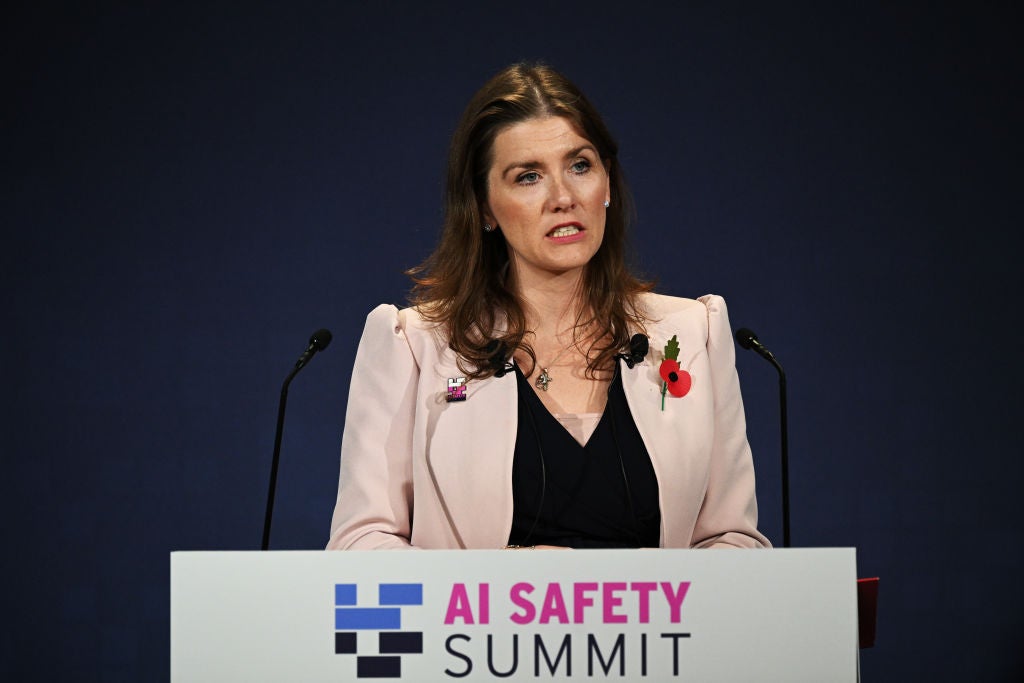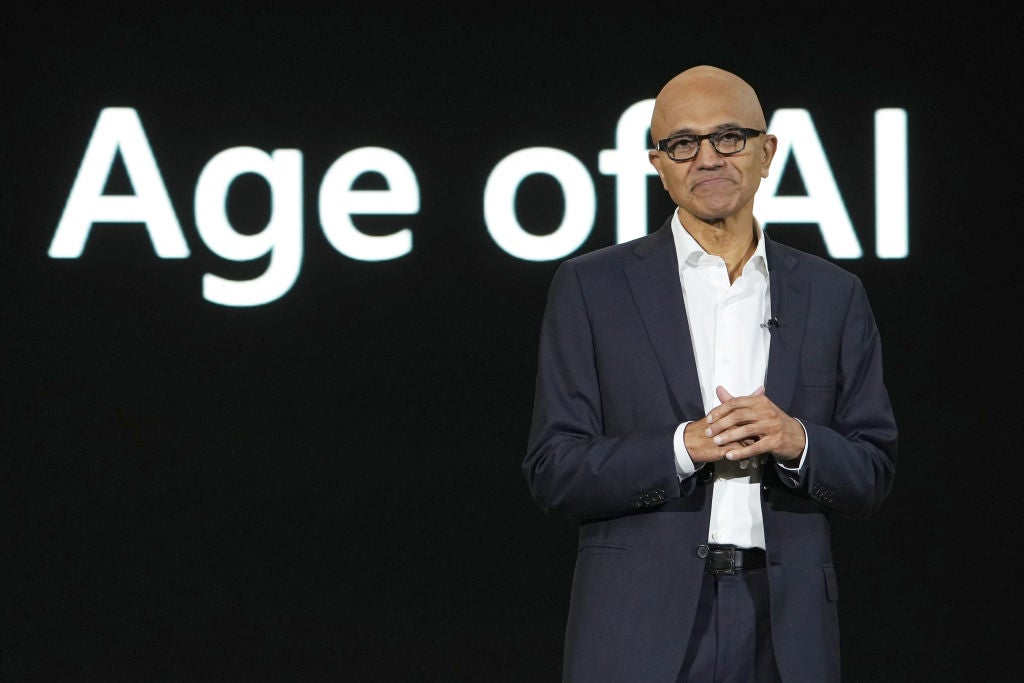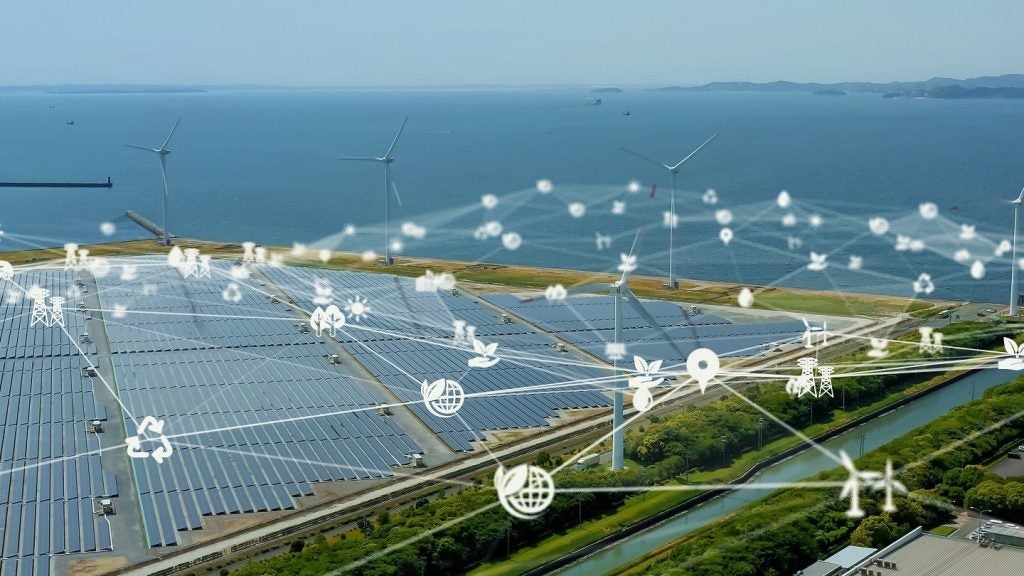
Meta and IBM are launching a new artificial intelligence (AI) group called the AI Alliance which will advocate for an “open-science” approach to AI development, the two companies announced on Tuesday (5 December).
The announcement pits Meta and IBM against other heavyweights in the industry which are creating closed AI systems such as OpenAI, Microsoft and Google.
Yann LeCun, Meta’s chief AI scientist, previously claimed OpenAI, Google and AI startup Anthropic had been taking part in “massive corporate lobbying” to write specific rules on AI development which would benefit them.
LeCun previously called for the future of AI development to be open source and available to everyone.
“In a future where AI systems are poised to constitute the repository of all human knowledge and culture, we need the platforms to be open source and freely available so that everyone can contribute to them,” LeCun posted on X.
“Openness is the only way to make AI platforms reflect the entirety of human knowledge and culture,” he added.
How well do you really know your competitors?
Access the most comprehensive Company Profiles on the market, powered by GlobalData. Save hours of research. Gain competitive edge.

Thank you!
Your download email will arrive shortly
Not ready to buy yet? Download a free sample
We are confident about the unique quality of our Company Profiles. However, we want you to make the most beneficial decision for your business, so we offer a free sample that you can download by submitting the below form
By GlobalDataOpen source is a term which describes software and code which is widely accessible for anyone to examine and modify.
Darío Gil, a senior vice-president at IBM, said the AI Alliance is “coming together to articulate, simply put, that the future of AI is going to be built fundamentally on top of the open scientific exchange of ideas and on open innovation, including open source and open technologies”.
Nick Clegg, president of global affairs at Meta, said the company believed AI being developed openly means more people can access the benefits.
“The AI Alliance brings together researchers, developers and companies to share tools and knowledge that can help us all make progress whether models are shared openly or not,” Clegg said.
Anthropic, Google, Microsoft and OpenAI previously formed their own AI group named the Frontier Model Forum.
Mark Barry, EMEA managing director at HubSpot, told Verdict that the closed or open-source AI development discourse extends beyond “the confines of the tech industry.”
“It is recognised that the decisions made will profoundly shape the future of human-interaction with artificial intelligence,” Barry said.
“Finding a balance between profit motives, fostering healthy competition, and considering the greater good of humanity pushes us to explore areas that would before have seemed impossible but are now imperative now,” he added.
The debate around open-source development in AI has been intensifying, with some experts strongly opposed.
Some experts have claimed that without specific guardrails in place for the development of AI, there is a risk of allowing anyone to develop it freely.
When Meta released its Llama 2 AI model in July, which was unveiled as open-source in contrast to its competitors, the company said: “We have a broad range of supporters around the world who believe in our open approach to today’s AI.
“Researchers committed to doing research with the model, and people across tech, academia, and policy who see the benefits of Llama and an open platform as we do”.
According to research company GlobalData, the AI market was valued at $81.3bn in 2022 and is expected to achieve a compound annual growth rate of more than 35% between 2022 and 2030.







